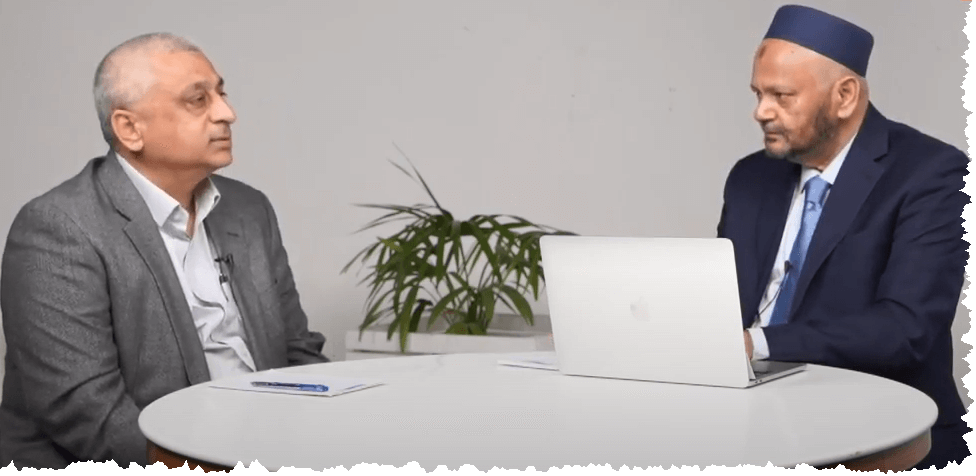For decades, Europeans contributed little money, lives, or resources to their defence and paid even less attention to this cause as they remained sheltered beneath an American nuclear umbrella leftover from the Cold War. The American shelter now appears on shaky grounds.
While the United States has evacuated its diplomatic corps and ordered American citizens to leave, China’s embassy in Ukraine is still open for business. The Chinese Foreign Ministry will give consular protection and aid to Chinese people who stay in the country.
As the crisis builds between Ukraine and Russia, the shadow of a previous regional conflict hangs heavily — the 2008 war between Georgia, Russia, and South Ossetia. Many observers, with good reasons, are seeing ominous parallels between the events of 2008 and what is happening today. Is Russia again about to invade a neighbouring state that is unapologetically seeking NATO membership?
Former President George W. Bush was advised by American intelligence in 2008 that measures to bring Ukraine and Georgia closer to NATO would be viewed as provocative by Russia. And this would very certainly prompt Russia to take pre-emptive military action. But, in the end, Bush ignored their warnings. Russia attacked Georgia four months later, in August 2008.
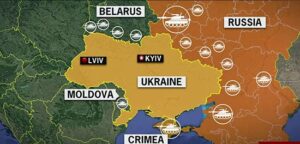
Russia’s message was evident to Ukraine. For the next many years, it retreated from NATO membership. However, in 2014, Ukraine sought to negotiate an association agreement with the European Union, believing that this would be a safer path to the West. Moscow reacted again, accusing Ukraine of gaining access to NATO through the Crimean peninsula. Russian President Vladimir Putin, encouraged by the West’s tepid response to 2008, launched an ongoing proxy war in Ukraine’s southern Donbass area in 2014.
China has urged all sides to be calm and avoid inflaming tensions and exacerbating the Ukraine issue. China’s stance on the Ukraine crisis has been clear. Beijing is emphasising that all relevant parties should work for a comprehensive resolution of the situation via communication and negotiation. China invokes the 2015 Minsk accords, which the UN Security Council adopted, and are generally recognised as essential political documents. The new Minsk agreements signed in 2015 in Minsk, Belarus’s capital, by representatives from Germany, France, Ukraine, and Russia are comprehensive documents to achieve a military ceasefire, political reform, and national reconciliation in eastern Ukraine.
The Minsk accords, signed in September 2014 and February 2015, detail the actions required to end the war in Donbas between government soldiers and armed groups.
Talks between Ukraine and NATO about membership started in March 2008. The very next month, on April 2nd, Russia invaded Georgia. On November 30th 2009, Ukraine declined an invitation to sign up to the Intensified Dialogue programme that brought Ukraine closer to joining NATO. This led the Kremlin to spell out its warning: “This is not helpful for building trust and stability in Euro-Atlantic space.” Will Pakistan learn anything from these events?
Moscow firmly believes that Ukraine is their strategic partner; she should walk along the path of equal cooperation — as a nation friendly towards Russia, but outside of any closed military alliances.
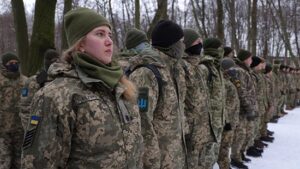
The most pro-western leaders have since independence now lead Ukraine’s government. President Petro Poroshenko has been clear from his electoral platform: Ukraine will aim for full, rather than only individual, NATO membership.
In September 2015, Ukraine began its first-ever military exercises with Poland. The Polish parliament’s Foreign Affairs Committee was told by retired US General Ben Hodges, commander of US Army Europe: “No one should be worried about Ukraine joining NATO or the EU any time soon. But Ukraine needs to reform itself rapidly so it can meet those standards.” Polish experts insisted Ukraine would take at least two decades to meet NATO standards. Ukraine’s military is poorly equipped and cannot defend Ukraine against Russia. Ukraine has not had proper training in fighting in modern warfare, deploying effective command structures or using its equipment.
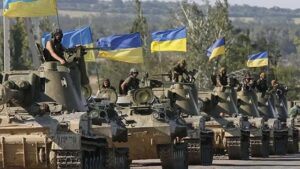
US President Joe Biden has embraced a clever strategy for declaring a foreign war. He will be proven correct if there is a conflict. If that doesn’t happen, it’ll be because he succeeded to halt his Russian counterpart Vladimir Putin in his tracks. Furthermore, he will have done it without making significant sacrifices, and — importantly for Biden — in agreement with the US partners, in the cause of a unified West. Of course, it would be preferable for Biden if there were no invasion. That would demonstrate his and the West’s ability to repel an attacker. However, if Russia invades Ukraine, the greatest response the West can muster would appear insufficient to many and disproportionate to such an extraordinary occurrence. This is one of the reasons why imminent violence is being predicted with such surety. The more unavoidable it is depicted, the more successful any alternative conclusion appears to be.
An invasion appears to be a real possibility in the West, judged by the frenzy of diplomatic action and the unusual tone of anxiety in declarations by key leaders. It’s difficult to believe they’d put on such a spectacle for no reason other than to smear Russia’s reputation. After all, it’s not just the US and the UK dedicating time and attention to the subject, but also the leaders of France and Germany. They are generally hesitant to cast aspersions on Russia.
It’s also very likely that, at some point last year, Moscow was terrified that Ukraine would use force to retake control of its breakaway Donetsk and Luhansk regions, emboldened by Biden’s election victory, Azerbaijan’s successful operation to retake Karabakh, and Kyiv’s acquisition of new weapons, such as Turkish Bayraktar drones. As a result, in the spring of last year, Moscow sent a warning signal by massing troops near Ukraine.
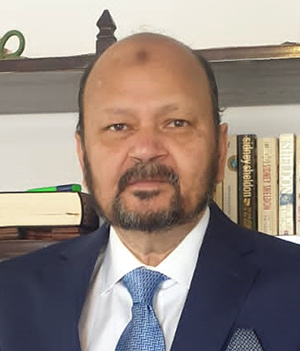
Editor, Narratives


